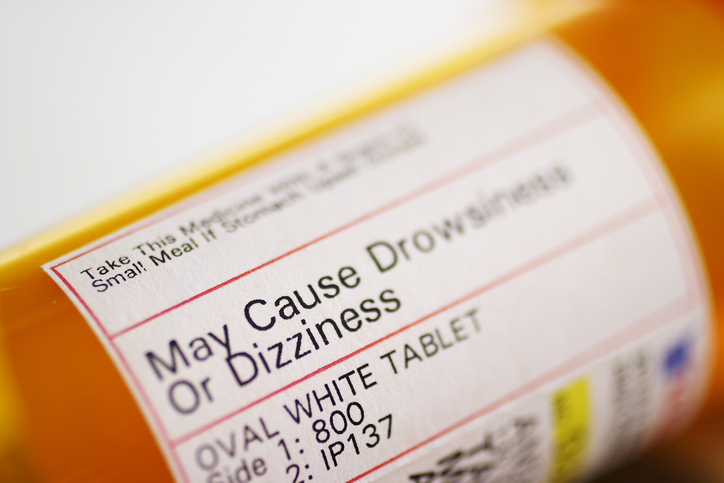Treatments
Managing Drowsiness

2 people found this helpful
Print
Share
Save
Drowsiness, a feeling of lethargy or sleepiness during waking hours, has various causes. Several types of medication can cause drowsiness, including antidepressants, antihistamines, sedatives, and anti-nausea medications. Drowsiness can also be a symptom of a mental or physical health condition or develop from lifestyle factors, such as switching from working a day shift to working a night shift.
Seven ways to manage drowsiness include the following:
- Identify the cause. Working with a medical professional to determine the cause of drowsiness (e.g., a medication, a mental or physical health condition, lifestyle factors, etc.) is the first step in managing drowsiness.
- Get proper sleep. Getting enough sleep is a key factor to avoid drowsiness during waking hours. Practicing good sleep hygiene and prioritizing sleep is important. If stress, anxiety, or sleep disorders, such as sleep apnea or restless leg syndrome, prevent restful sleep, addressing those factors can help.
- Take a short nap. If lack of sleep is the cause of drowsiness, a brief nap can lead to feeling more refreshed and alert.
- Practice distraction. Focusing on a task or activity can help provide distraction from the drowsiness.
- Engage in physical activity. Going for a short walk or doing some gentle stretching can help wake the body and mind, reducing feelings of sleepiness.
- Limit or avoid substances that increase drowsiness. Certain over-the-counter medications and other substances such as alcohol can cause drowsiness. Limiting or avoiding these substances can help prevent or reduce drowsiness.
- Consult a physician about adjusting medication that causes drowsiness. In some cases, drowsiness caused from a medication will subside within the first few weeks of taking the drug as the body adjusts to it. If it does not subside, consulting a medical professional about medication adjustments (e.g., taking the medication at night instead of in the morning, adjusting the dose of the medication, or switching to a different medication) can help. Stopping or adjusting a medication without consulting a medical professional can be dangerous or cause additional side effects; changes should only be made under the guidance of a medical professional.



















